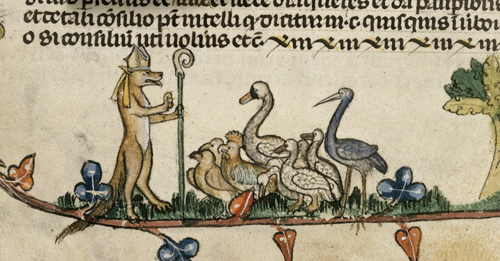During my career I’ve been privileged to work face-to-face with two retired four-star generals, who were as unlike as you can imagine. The first was a good old country boy who lived on what remained of his family’s Spanish land grant in Texas. He was a mustang: that is, he’d started as an enlisted man and worked his way up. This is not easy. I got the idea that he might be glad to let you underestimate him, but that it would be a Bad Idea. The second was someone you simply couldn’t estimate at anything but his true worth: much less folksy but equally sharp. Neither bore any resemblance to the kind of bloodthirsty blundering general you sometimes see depicted in movies. Both were devoted to training, especially the training of generals and their staffs, for the ultimate benefit of the American soldier.
Today I happened across this speech, given by Lieutenant General H.R. McMaster on Veterans Day at Georgetown University. He opens with a Chesterton quote:
There is a tendency in the United States to confuse the study of war and warfare with militarism. Thinking clearly about the problem of war and warfare, however, is both an unfortunate necessity and the best way to prevent it. As the English theologian, writer, and philosopher G.K. Chesterton observed, “War is not the best way of settling differences, but it is the only way of preventing them being settled for you.”
He goes on to talk about the increasing gap between American civil society and the American military, and the danger that brings to the military ethos which is so necessary for our armed forces to do their jobs. He’s only got three stars, but his words remind me of the four-stars I’ve known.
Read the whole thing.











